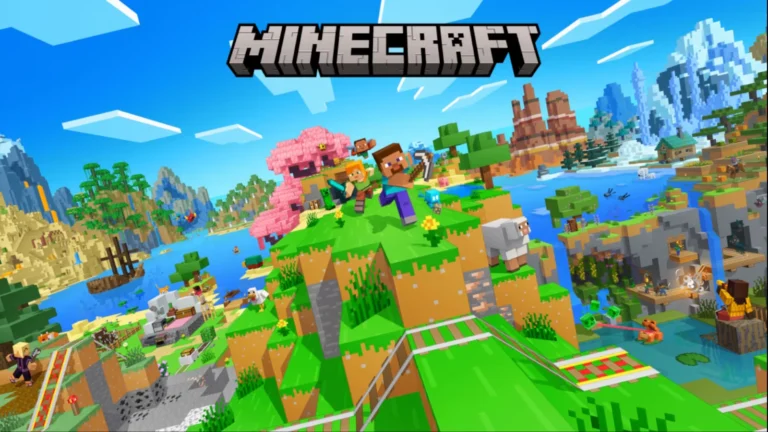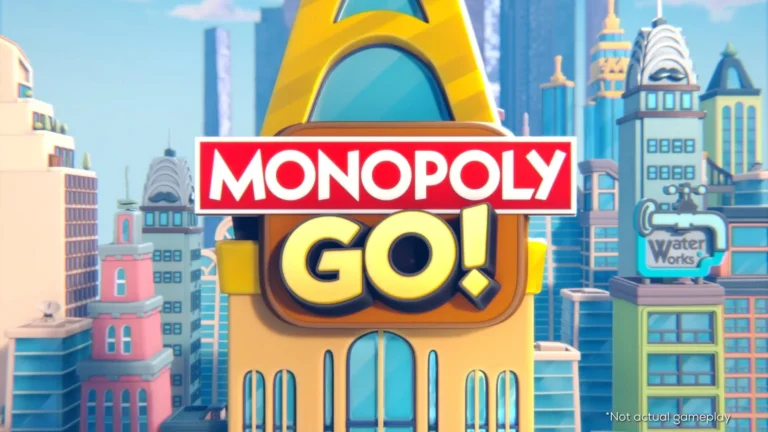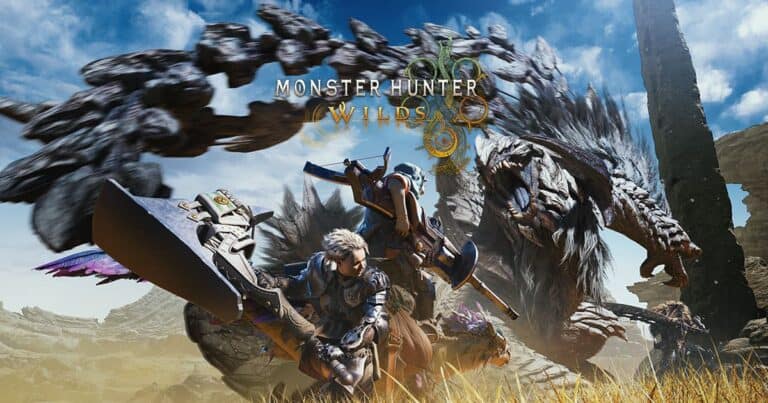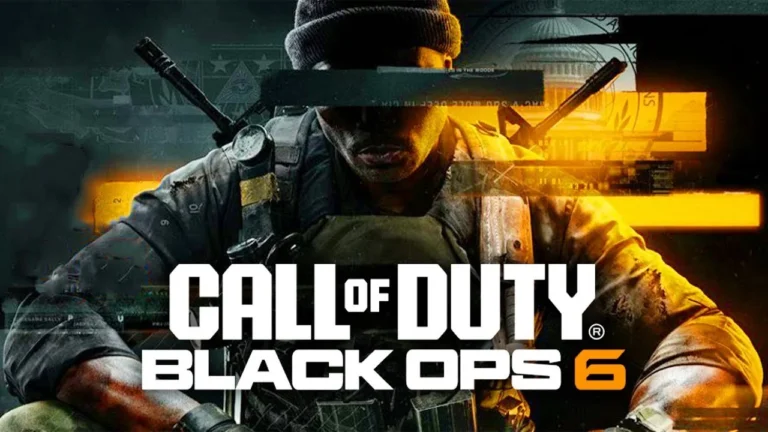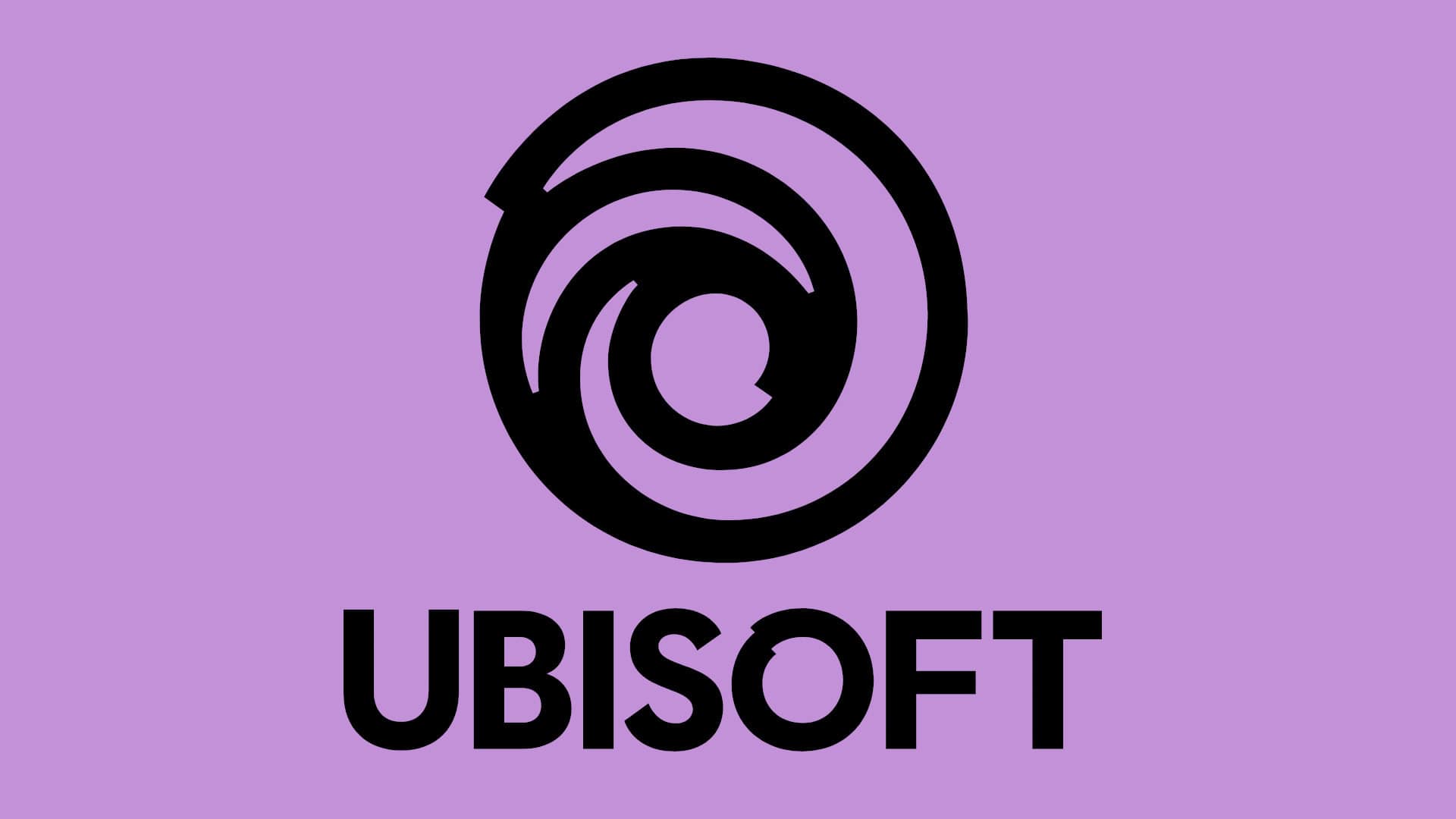
Ubisoft faces significant challenges as its stock price hits a 10-year low. The gaming giant’s recent releases have underperformed, leading to financial struggles and shareholder discontent. Some investors are now pushing for Ubisoft to go private and implement major cost-cutting measures.
The Guillemot family, Ubisoft’s founders, maintain control of the company. This ownership structure complicates potential buyout scenarios. Tencent, the Chinese tech giant, holds a significant stake in Ubisoft through a 2022 investment in Guillemot Brothers Ltd.
Shareholders express concern over Ubisoft’s strategic direction and financial performance. They cite projects in “eternal limbo” and the need for substantial workforce reductions. These issues have sparked debate about the company’s future as a public entity.
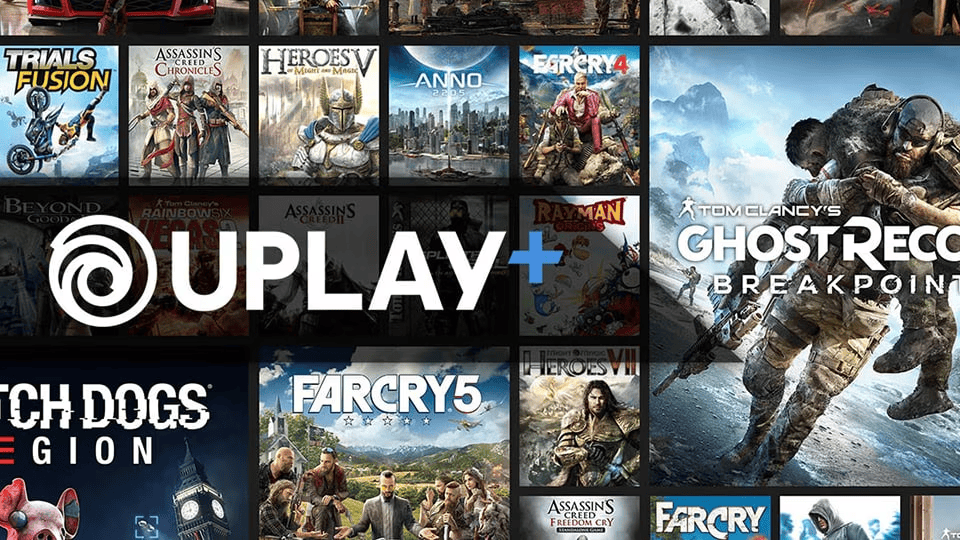
Ubisoft Under Pressure: Shareholders Push for a Private Buyout
The tides seem to be turning against video game giant Ubisoft. Facing a series of financial disappointments and delays, the company’s stock price has plummeted, leaving shareholders worried about the future. Now, some investors are calling for a drastic solution: taking Ubisoft private.
What’s Going Wrong at Ubisoft?
Several factors have contributed to Ubisoft’s recent struggles:
- Underperforming Games: Some of Ubisoft’s recent releases, including *Star Wars Outlaws*, have failed to meet sales expectations, raising concerns about the company’s ability to deliver hits.
- Delays and Disruptions: Highly anticipated titles like *Assassin’s Creed Mirage* have faced delays, disrupting the company’s release schedule and frustrating fans.
- Stock Price Decline: These challenges have led to a significant drop in Ubisoft’s stock price, making it a less attractive investment and putting pressure on the company’s leadership.
Why Go Private?
Shareholders believe that taking Ubisoft private could offer several advantages:
- Protection from Market Volatility: A private buyout could shield investors from further losses as Ubisoft’s stock price continues to decline.
- Restructuring Opportunities: Going private could give Ubisoft more freedom to restructure its operations without the pressure of public markets.
- Long-Term Focus: Without the need to appease public shareholders, Ubisoft could prioritize long-term growth and innovation over short-term profits.
Potential Buyers and Challenges
While the idea of a private buyout has gained traction, there are still challenges and uncertainties:
- Potential Buyers: Tencent, which already owns a minority stake in Ubisoft, has been mentioned as a potential buyer, along with the Guillemot Brothers Ltd, the founding family of Ubisoft.
- Control and Conflicts: The question of who would control the company in a private buyout remains a point of contention, with concerns about potential conflicts of interest if the Guillemot family retains significant influence.
- Financial and Operational Challenges: Even if a buyout occurs, Ubisoft will still need to address its underlying financial and operational challenges to achieve long-term success.
The Uncertain Future of Ubisoft
| Challenges | Potential Solutions |
|---|---|
| Declining stock price | Private buyout |
| Underperforming games | Restructuring and refocusing |
| Delays and disruptions | Improved development processes |
| Pressure from shareholders | Long-term strategic planning |
The future of Ubisoft hangs in the balance as shareholders push for change. Whether the company goes private or remains public, it’s clear that significant changes are needed to restore investor confidence and ensure the long-term success of this gaming giant.
Key Takeaways
- Ubisoft’s stock price has fallen to a 10-year low due to underperforming game releases
- Some shareholders advocate for taking the company private and implementing major cost reductions
- Ubisoft’s complex ownership structure, including the Guillemot family’s control, impacts potential buyout scenarios
Company Performance and Strategic Challenges
The iconic video game publisher behind franchises like Assassin’s Creed and Far Cry is facing turbulent times. Ubisoft, once a titan in the gaming industry, is now grappling with a series of setbacks that have sent its stock price tumbling and left shareholders questioning the company’s direction. Amidst this turmoil, a growing chorus of investors is advocating for a dramatic solution: taking Ubisoft private.
This move, they argue, could provide the company with the breathing room it needs to restructure, refocus, and ultimately reclaim its position as a leader in the gaming world. But the path to privatization is fraught with challenges, and the future of Ubisoft remains uncertain.
Ubisoft faces significant financial and operational hurdles as it struggles to maintain its position in the gaming industry. The company’s performance has declined sharply, leading to investor discontent and calls for major changes.
Current Financial State and Ubisoft Shares
Ubisoft’s financial health has deteriorated significantly. The company’s share price has plummeted over 85% since 2018, reaching a 10-year low. This dramatic drop reflects investor concerns about Ubisoft’s ability to compete in the current market.
Shareholders are growing impatient with the company’s poor performance. Some investors have openly expressed their dissatisfaction with Ubisoft’s strategic direction. One shareholder even wrote an open letter urging the board to consider taking the company private.
The Guillemot family, who founded Ubisoft in 1986, now finds itself in a precarious position. They face pressure to secure a buyout deal or implement drastic changes to turn the company around.
Operational Setbacks and Market Response
Ubisoft has encountered several operational challenges that have impacted its market position. The company’s recent releases have underperformed, including Star Wars Outlaws, which did not meet early sales expectations.
The ongoing issues with XDefiant, another Ubisoft title, have further damaged the company’s reputation. These setbacks have contributed to the negative market response and declining investor confidence.
In response to these challenges, Ubisoft’s board has launched an internal investigation into the company’s performance. CEO Yves Guillemot acknowledged the need for greater efficiency while still focusing on player satisfaction.
Impact of Project Delays and Release Quality
Ubisoft’s core IPs, including Assassin’s Creed, Splinter Cell, Rainbow Six, and Watch Dogs, have faced delays and quality issues. These problems have affected the company’s ability to deliver exceptional experiences to players.
The delayed release of Skull and Bones and the mixed reception of Prince of Persia: The Lost Crown have further highlighted Ubisoft’s struggles with project management and game quality.
To address these issues, Ubisoft has implemented a cost reduction program. This initiative includes layoffs and adjustments to staffing levels. However, some critics argue that the company remains mismanaged and vulnerable to a potential hostile takeover.
Stakeholder Dynamics and Future Outlook
Ubisoft faces pressure from shareholders as its stock value declines. The company’s future hinges on complex interactions between major stakeholders, potential privatization, and strategic decisions.
Shareholder Influence and the Push for Privatization
Minority shareholders like AJ Investments are pushing for Ubisoft to go private or sell to a strategic investor. This pressure stems from the company’s plummeting stock price on the London Stock Exchange. Some shareholders believe privatization could help Ubisoft focus on long-term strategy without the constant scrutiny of public markets.
Hedge funds and other investors are exploring buyout terms. These discussions reflect growing impatience with Ubisoft’s current performance and direction. A take-private deal could provide the company with more flexibility to restructure and invest in promising projects like Star Wars Outlaws and Assassin’s Creed Shadows.
The Role of the Guillemot Family in Retaining Control
The Guillemot family, led by CEO Yves Guillemot, holds a significant stake in Ubisoft. They are keen to maintain control over the company they founded. Any potential buyout or privatization deal would likely need to accommodate the family’s desire to retain influence.
Tencent, a major shareholder, could play a crucial role in supporting the Guillemots. The Chinese tech giant has previously increased its stake in Ubisoft, potentially aligning with the family’s interests.
The Guillemots’ control is central to Ubisoft’s identity and strategy. Their leadership has shaped the company’s creative direction and business decisions for decades.
Exploration of Strategic Alternatives
Ubisoft is considering various strategic options to address shareholder concerns and improve its market position. These alternatives may include:
- Selling non-core assets
- Restructuring game development processes
- Exploring new revenue streams
The company recently shut down XDefiant and laid off hundreds of staff, signaling a willingness to make tough decisions. These moves aim to streamline operations and focus resources on high-potential projects.
Ubisoft must balance pleasing investors with maintaining its creative vision. The company’s leadership is tasked with charting a course that satisfies financial demands while preserving the unique culture that has produced hit franchises.
Frequently Asked Questions
Shareholders, employees, and industry observers have raised numerous questions about Ubisoft’s potential transition to a private company. This shift could have significant impacts on various aspects of the business.
What are the potential consequences for shareholders if Ubisoft goes private?
Shareholders may receive a premium on their stock price if Ubisoft goes private. They would need to sell their shares as part of the transaction.
Shareholders would lose their ownership stake in the company. They would no longer have voting rights or receive dividends.
What steps are involved in transitioning Ubisoft from a public to a private entity?
A buyer or group of buyers must make an offer to purchase all outstanding shares. This offer requires approval from Ubisoft’s board of directors.
Shareholders vote on whether to accept the buyout offer. If approved, the company delists from stock exchanges and cancels all public shares.
How could Ubisoft going private impact its corporate strategy and game development?
Private ownership may allow Ubisoft to focus on long-term strategies without pressure from quarterly earnings reports. This could lead to more experimental game projects.
The company might invest more in emerging technologies or new franchises. Private ownership could also result in cost-cutting measures or studio closures.
What are the advantages and disadvantages for a company like Ubisoft to operate privately?
Advantages include greater control over business decisions and less public scrutiny. Private companies can take more risks and pursue long-term goals.
Disadvantages involve reduced access to capital markets and less liquidity for owners. Private companies may struggle to attract top talent without stock options.
How does the process of a company going private affect its employees and management?
Employees may face uncertainty during the transition. Some roles could be eliminated as the company restructures.
Management might change if new owners want to install their own leadership team. Remaining employees could see changes in compensation and benefits packages.
What are common reasons for shareholders to push for a company to go private?
Shareholders often push for privatization when they believe a company is undervalued. They may see potential for higher returns through private ownership.
Some shareholders advocate for going private to avoid regulatory burdens and costs associated with public reporting. Others may want to implement major changes without public scrutiny.

